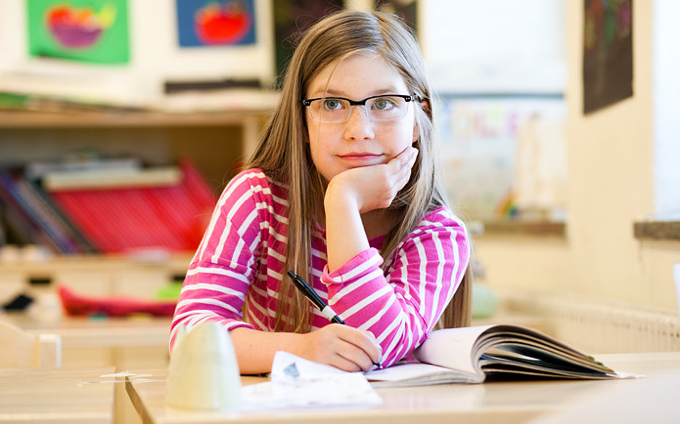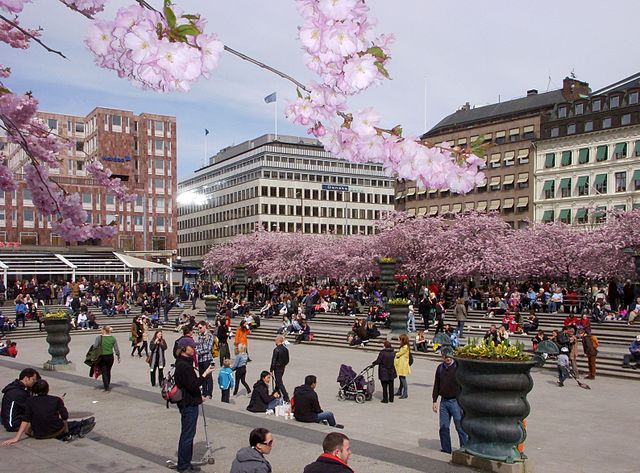SwedishNews
Record number of young people living at home. Danes move home. "Paperless" children's right to school.
-
 As of July 1, even illegal children have the same right (more or less) as other children to an education in Sweden. Image source: Majblomman
As of July 1, even illegal children have the same right (more or less) as other children to an education in Sweden. Image source: Majblomman -
-
Record number of young people living at home
More than half young Stockholmers have their own living quarters at home with their parents—that means around 40,000 people between ages 20 to 27, which is equivalent to 58 percent in the age group, according to Hyresgästföreningen’s magazine “Hem & Hyra." The statistics were produced by Skop; they also show that nearly one in four young adults in the Göteborg area still lives with his or her parents. 65 percent or 20,100 do so involuntarily. In Malmö and Lund one in five still live at home, and 56 percent (6300 people), would rather live somewhere else. -
 A record number of young people live with their parents—in Stockholm county alone, 40,000 people in the 20-27 age bracket live with their parents. Above: Kungsträdgården in Stockholm
A record number of young people live with their parents—in Stockholm county alone, 40,000 people in the 20-27 age bracket live with their parents. Above: Kungsträdgården in Stockholm -
-
Danes move home
Moving trucks continue to travel across the Öresund Bridge between Sweden and Denmark, but watch closely: They are heading in the direction opposite from a few years ago. During last year, 2551 people from Skåne moved to Zealand, Denmark, while 1876 did the reverse, according to the news bureau News Öresund. Whether people move from Sweden to Denmark or the other way around, it is mostly the Danes who are on the go—70 percent of all people moving across the water were Danes. However, Swedes are moving also; last year 584 people from Skåne moved to Zealand, which according to News Öresund is the highest number since the inauguration of the bridge in 2000. Nearby islands like Bornholm, Lolland, Falster and Mön are also referred to with Zealand. -
 Moving trucks continue to travel the Öresund Bridge. Today it is mostly Danes moving back to Denmark after having lived in Skåne.
Moving trucks continue to travel the Öresund Bridge. Today it is mostly Danes moving back to Denmark after having lived in Skåne. -
“Paperless” children right to school
As of July 1, illegal (“paperless” or “papperslösa”) children in Sweden will have more or less the same right to education as those who are legal. The Swedish Parliament recently approved the government’s proposal, which gives these children the right to preschool, primary school, primary special needs school, Sami school, secondary school and secondary special needs school. There is, however, no compulsory school attendance for these children as there is for Swedish children in general. The Sweden Democrats voted against the proposal. -
-
